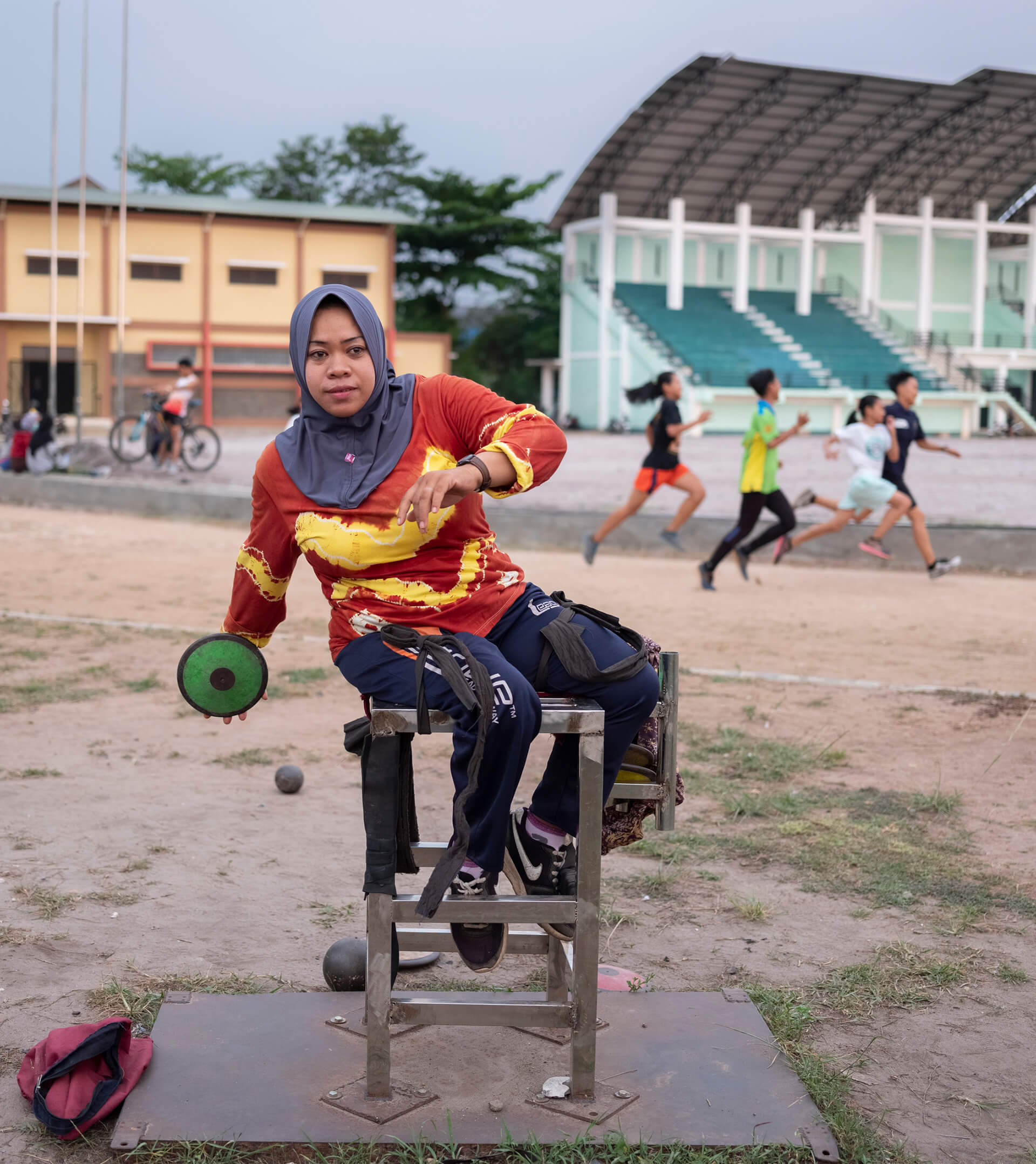AT2030: Building Capacity and Participation for Community-Led Solutions
Banjarmasin, South Kalimantan; Sierra Leone
A participatory action research to support persons with disabilities in accessing better life outcomes through increasing the relevance and uptake of assistive technologies.
Kota Kita, in partnership with the Development Planning Unit, University College London (DPU-UCL), Leonard Cheshire, Sierra Leone Urban Research Centre (SLURC) has conducted a participatory action research to support persons with disabilities in accessing better life outcomes through increasing the relevance and uptake of assistive technologies.
This effort is supported by the City Government of Banjarmasin and local organization, Kaki Kota. The research is part of a wider project, “AT2030: Life Changing Assistive Technology for All" led by the Global Disability Innovation Hub.
We have been working with persons with disabilities and community organizations in four settlements: Pelambuan and Kelayan Barat of Banjarmasin, Indonesia and Dwozark and Thompson Bay of Freetown, Sierra Leone. With a focus on collective and community-led responses, the research project is conducted through two phases. Phase 1 was initiated in 2019, with the mapping of selected aspirations of the persons with disabilities and the existing community-led responses that support them using a range of participatory methods.
Between May and December 2019, we conducted a survey using rATA (rapid Assistive Technology Assessment) — a new tool developed by the World Health Organisation (WHO) — to assess the need, use, supply, and impact of assistive technology. The process involved 16 data collectors and documented 2,046 respondents in two neighbourhoods.




We also facilitated citizen participation through a participatory photography method that encouraged persons of disabilities to capture their hopes, aspirations, and perceived barriers when navigating daily life. Their photographs were later used as materials during one-to-one interviews and focus group discussions.For Kota Kita, the photographs also became a visual tool in yielding rich information on the lives of persons with disabilities in Banjarmasin; revealing nuanced opinions, emotions, values, and the contributing factors to their aspirations. Most importantly, it helped to stimulate more lively discussions between researchers and participants. We are continuing with Phase 2 in 2020, which will involve co-production and trialling of assistive technology interventions relevant to the aspirations and community support environment.